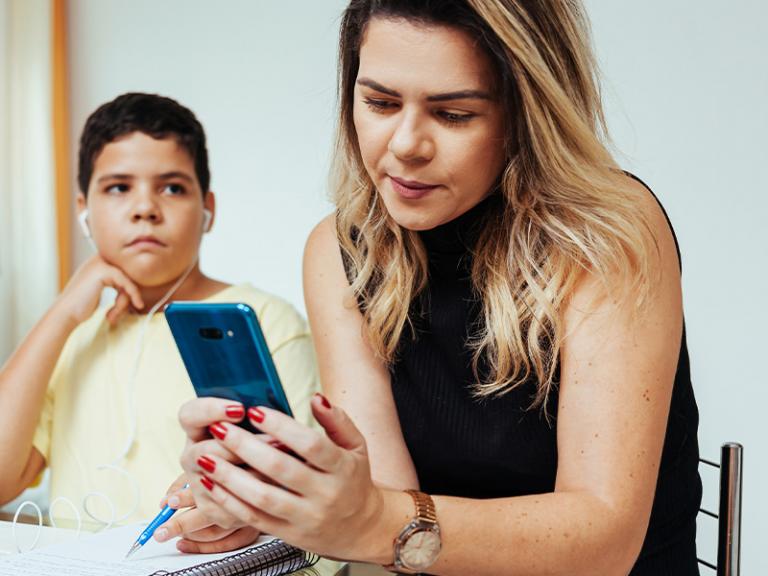There are many reasons why people strive to be friends with their ex after a breakup or divorce. Certainly one of the main reasons is that they have unfinished business that they hope to resolve. Our they may want to keep the non-intimate part of the relationship going because they have caring feelings toward their former spouse. Finally, some people feel guilty about leaving the relationship.

However, the reality is that it’s usually problematic for ex-spouses to maintain a friendship after divorce. And having expectations that you’ll be friends may set you up for disappointment if this isn’t possible. It’s especially challenging for the person who was left (the dumpee) to maintain a friendship after a split because having regular contact with the person who rejected them can make a person feel confused or give them a sense of false hope.
On the other hand, the dumper would probably admit to feeling guilty upon seeing their ex regularly or worry that they are sending the wrong message. Regular friendly contact could give the dumpee a sense that over time their ex-spouse will return to the marriage.
Alicia, 45, an architect, confides: “I couldn’t understand why two caring adults couldn’t visit with our kids and hang out like friends. But Alex told me it hurt him too much because he was reminded of his grief and sadness every time we hung out.” This experience is a common one for the dumpee who might feel especially hurt if their ex has a new partner and they don’t. It can add salt to an open wound that has not had sufficient time to heal.
Another reason why people want to stay in close contact with a former partner after a breakup, is because they hope for reconciliation but they don’t necessarily want to admit it openly. According to Susan J. Elliott, author of Getting Past Your Breakup, “Examining your quest for contact and being honest about your real intentions will help you stop making excuses to make contact.”
5 Reasons Remaining Friends with Your Ex Might Not Work:
- It does not give you or your ex time to grieve the loss of the relationship or marriage. Like all losses, the breakup of a long-term relationship or marriage causes people to go through various stages of grief. In order to heal and move through anger, denial, etc. it’s essential that individuals have the emotional and physical space to do this. Trying to maintain a friendship may extend the healing process.
- You need to forge a new identity: After a breakup, it’s essential to lose your identity as a couple and to return to who you were as an individual, rather than half of a couple.
- It can cause confusion for your children. It’s normal for most children to experience reconciliation fantasies and seeing their parents spend time together (social events, holidays, etc.) can cause them to long for their intact family. Children benefit from parents who are collaborative but not necessarily friends post-breakup.
- You need to focus on self-care and forming new relationships. Maintaining a close friendship with an ex (especially if it’s emotionally or physically intimate) can delay this process.
- Acceptance is the final stage of grieving the loss of a loved one, according to Elisabeth Kubler-Ross, and a post-breakup friendship doesn’t facilitate this process.
It’s essential to the process of getting a divorce, to accept the breakup of your marriage and come to a place of “it is what it is.” This involves creating a new chapter in your life and part of this is to form new relationships. While it’s a great idea to be civil and cooperative with your former spouse – especially when you have children – having good boundaries with your ex-spouse will help you both move on and heal. That said, giving yourself time and space to regain independence and a sense of identity will serve you and your children well in the long run.
Follow Terry Gaspard on Twitter, Facebook, and movingpastdivorce.com. Terry is the author of Daughters of Divorce: Overcome the Legacy of Their Parents’ Breakup and Enjoy a Happy, Long-Lasting Relationship. Her new book, The Remarriage Manual: How to Make Everything Work Better the Second Time Around, was published by Sounds True in February of 2020.












